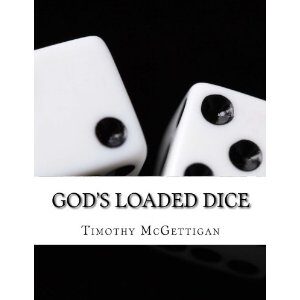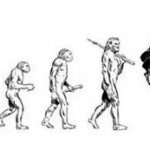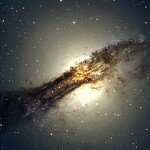Physical Address
304 North Cardinal St.
Dorchester Center, MA 02124
Physical Address
304 North Cardinal St.
Dorchester Center, MA 02124

It’s the end of the world as we know it, and I feel fine. No, really I do. I know a lot of people might be a little anxious and nervous, but I see mostly good things ahead if, that is, we can put aside our differences and learn to exploit the revolutionary opportunities now emerging together, as a global family, and not separate, as a bunch of warring class, ethnic, and gender factions.
Dr. Michael Sosteric | Mar 14, 2013 | Comments 1 
As Darwin pointed out in the The Origin of Species (1859), species often exhibit enormous variation. Darwin was a pigeon breeder and described at length the astounding variation that, with the help of artificial selection, pigeon breeders had succeeded in cultivating in an otherwise humdrum bird species. Similar forces operate on Canis familiaris and, if anything, have […]
Timothy McGettigan | Mar 07, 2013 | Comments 0 
Albert Einstein believed that the universe was created by a rational god; a god who would never presume to play dice with his precious creation. Einstein’s belief in a rational, knowable universe was rooted in a “clockwork” scientific philosophy that comprised the very bedrock of Enlightenment science. This perspective was most famously summed up by […]
Timothy McGettigan | Feb 04, 2013 | Comments 1 
If the messages that are embedded in folklore mean anything, then until very recently humans were terrified of the natural environment (Grimm, et. al., 1915). In many cases, the scariest part of folk tales involves foolish individuals–often kids, in order to emphasize the cautionary nature of the tales–who fall prey to one of the many […]
Timothy McGettigan | Jan 24, 2013 | Comments 1 
One can hardly broach the subject of free will or human agency without acknowledging the long-standing and unresolved philosophical debate regarding agency vs. determinism (Campbell, et. al., 2004). To provide an illustration of the extent of disagreement over this dualism, determinists, such as Hawking and Mlodinow (2010), have argued that agency and free will are […]
Timothy McGettigan | Jan 03, 2013 | Comments 4 
Scholars have referred to Homo sapiens’ game-changing capacity to transform the biological evolutionary process into an intellectual exercise–or what I refer to as super-adaptability–in a variety of ways. Karl Popper distinguishes between biological and cognitive problem solving. In so doing, Popper emphasizes that for most organisms the one and only means of resolving survival problems […]
Timothy McGettigan | Dec 30, 2012 | Comments 0 
Does it seem like the world is going to hell in a hand basket? Hard to conclude otherwise when children are massacred as in recent fashion. If you want to understand why however, maybe it is time to put aside “stock” answers and look past clichés about God, madness, and guns. If you are interested in a deeper look at the world we live in, sociologists can help.
Dr. Michael Sosteric | Dec 15, 2012 | Comments 26 
Thomas Kuhn (1996) argued that scientific revolutions take place when dominant paradigms are dislodged by emergent paradigms. Science undergoes such transitions when established paradigms fail to account for an increasing number of empirical anomalies. Anomalies may be understood as enigmas for which existing knowledge systems lack convincing explanations, e.g., dark energy (Panek, 2011). Kuhn’s perspective […]
Timothy McGettigan | Dec 11, 2012 | Comments 0 
We all see the world through eyes colored by the psychological imposition of gender. Girls are girls and boys are boys and never the twain shall meet. We think what we see is natural reality, but is it really? Sociologists would argue, not so. In truth, gender is less about physical reality and more about social control, the status quo, and power. At birth we are put in little gender boxes and these boxes limit us, and control us. Something to think about in the pink and blue world of modern life.
Dr. Michael Sosteric | Dec 06, 2012 | Comments 14 
Do so-called authorities know more about us than we know about ourselves? “The Big Lie” asserts that authorities, in the form of theologians and academics, seem to think they do. Further, those authorities tend to take a dim view of human nature—and those negative perspectives often produce very negative consequences. Because authorities are cloaked in a mantle of institutional legitimacy, their opinions are perceived as being more truthful than those of non-authorities. Nevertheless, “The Big Lie” argues that the truth is often at variance with the opinions of authorities. Be skeptical! (Timothy M.)
Dr. Michael Sosteric | Dec 01, 2012 | Comments 18